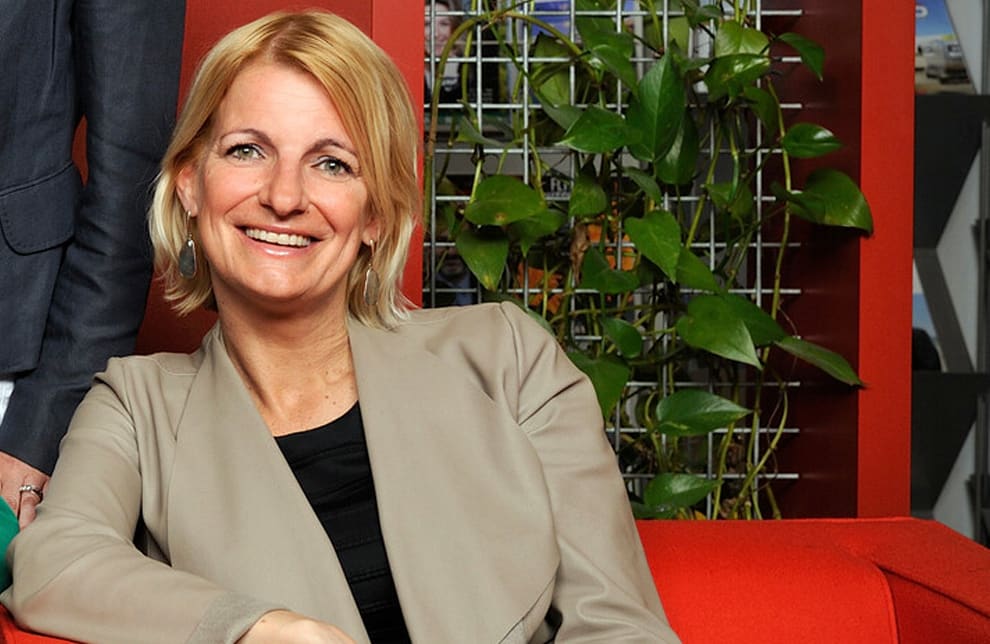Global Healthcare Quality Director, Yusen Logistics: Marloes Seesing

How is serialisation – the process of adding barcodes to products to track the origin of raw materials and medicines - impacting the supply chain?
The process of serialisation relates to adding barcodes to pharmaceutical products and is known as the Falsified Medicines Directive (FMD) to increase the security of the manufacturing and distribution of medicines. This means that the wholesaler has a legal obligation to support serialisation, but it doesn’t yet mean that all stakeholders in the supply chain are responsible.
Can airlines, airports, or forwarders help to implement serialisation?
It’s difficult to define the role of airlines and airports in this. For example, if staff spot different packaging or anything unusual they have a duty to report it, but they are not legally bound to adhere to FMD like wholesalers. For airlines and airports to be fully involved, it would depend on people making the right regulations. It also costs millions of Euros to make the barcodes and we have to think about complying with GDPR. I do foresee a commercial use of barcodes for pharma products in the future, but at the moment, airlines can’t be actively involved in serialisation through FMD.
How is digital transformation and data sharing impacting the air cargo supply chain?
Let me share an example about transparency and data sharing. If we can see all of the complaints on a KPI dashboard and it shows that the majority are coming from one country, then we can identify the problem to fix it. Digital transformation and data sharing are very useful tools for problem solving because they provide global visibility and change control. Next, we would like to develop an interface to be used for direct interaction with customers, and extend track and trace visibility to 4PL shipments during transit.